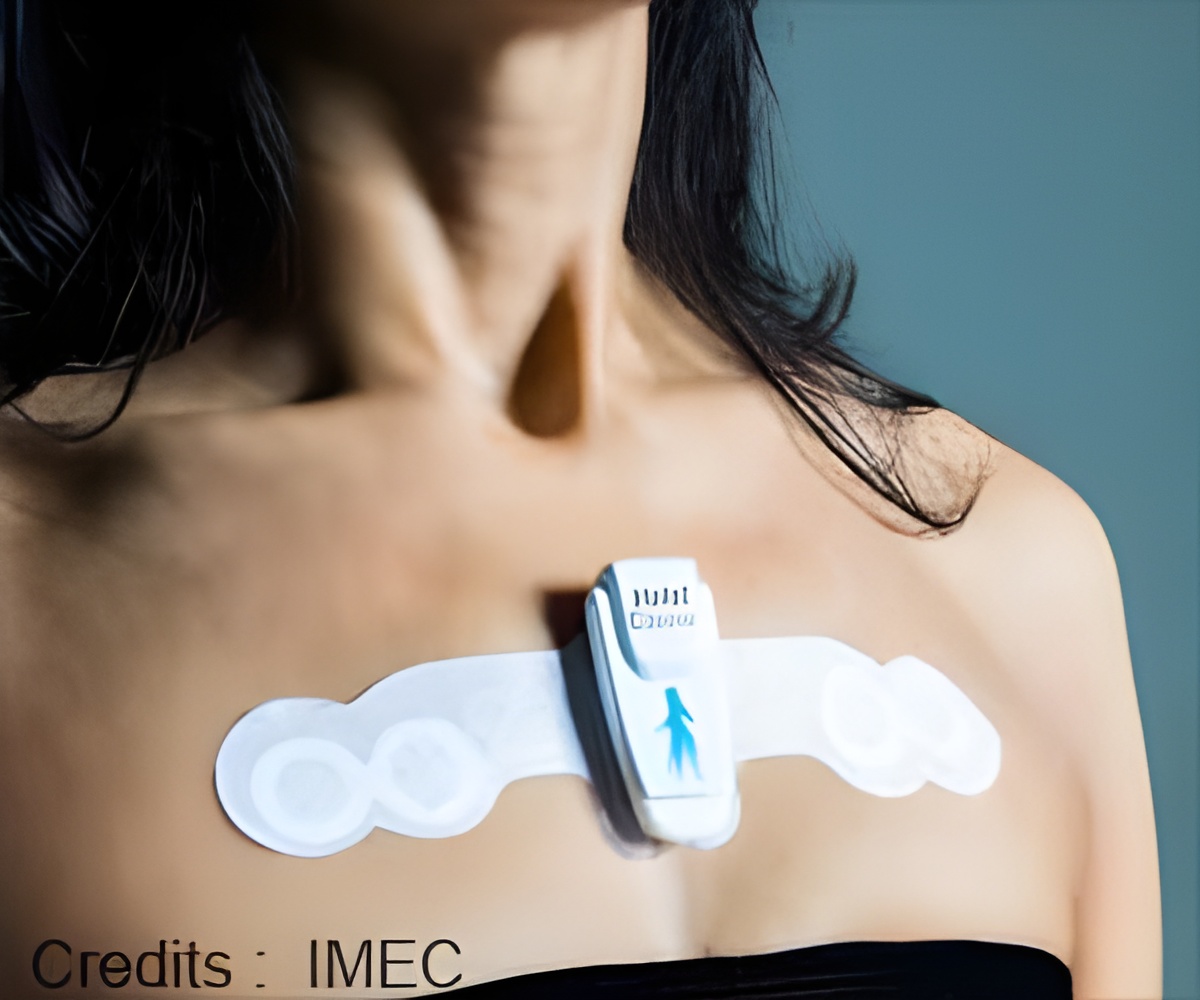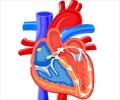Depression risk can be detected by measuring changes in 24-hour heart rate, according to a new study.

TOP INSIGHT
A 24-hour heart rate could be used as a biomarker for depression.
Two innovative components in this study were using the new antidepressant ketamine, which can lift depression more or less instantly, and the continuous recording of heart rate for several days and nights.
Ketamine has a history as both a party drug and an anesthetic. However, in December last year, it was permitted to treat major depression in Europe after being introduced in America a few months earlier. Ketamine is fast-acting, with results often being seen in minutes, in contrast to traditional antidepressants, which could take weeks to show an effect.
The research team worked with a small sample of 16 patients with Major Depressive Disorder, none of who had responded to conventional treatment, and 16 healthy controls. The heart rates of the volunteers were measured for four days and three nights, and then the participants with depression were given ketamine treatment or a placebo.
The study found that those with depression had both a higher baseline heart rate and a lower heart rate variation, as expected. On average, the depressed patients had a heart rate, which was approximately 10-15 bpm higher than in controls. After treatment, the heart rates were measured again and found that the heart rate fluctuation of the previously depressed patients had improved to those found in the controls.
Source-Medindia
 MEDINDIA
MEDINDIA




 Email
Email










